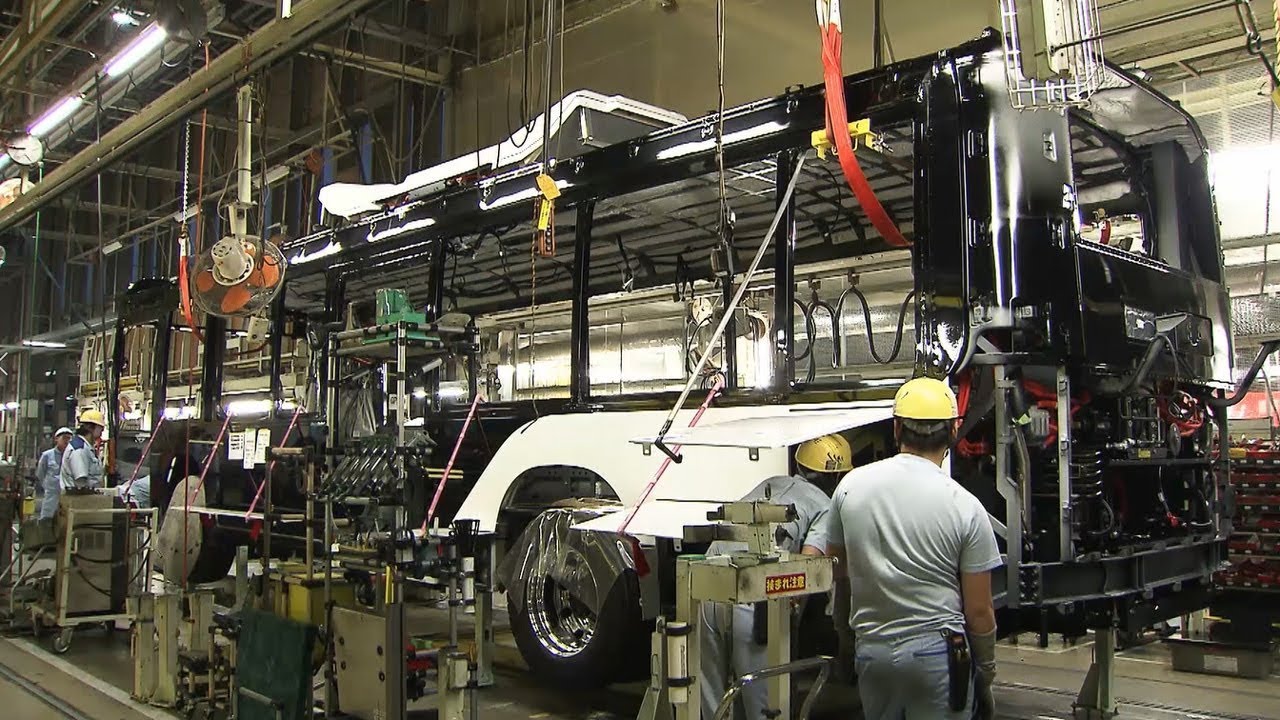Govt backs recovery of bus, truck industry
Government has pledged its commitment to providing all the necessary support towards the recovery and growth of the local bus and truck industry.
This comes as the sector is buckling under the weight of the influx of imports, crowding out locally manufactured buses and trucks from the market.
In 2022 the Government introduced Statutory Instrument66 of 2022, which gave Zupco the green light to import over 500 buses duty-free,while SI 138 of 2022 allowed individual companies to import 20 buses.
The practice negates the local content strategy that advocates for the consumption of locally sourced resources by companies to stimulate industrial activity and employment creation.
Main players in the bus and truck industry include Deven Engineering, Amalgamated Bus Industries, Willowvale Motor Industries, and AVM, which are situated in Harare, and Quest Motor Corporation in Mutare. Imports have fomented unfair competition from foreign suppliers who continue to take advantage of the open market in Zimbabwe.
AVM Africa plans to reduce import bill on buses and delivery trucks by 44 percent by 2025 and increase the number of people directly employed in the production from less than 50 in 2020 to about 4 500 by 2025.
AVM buses have 65 percent components of locally sourced raw materials and 35 percent of imported components, which include Completely Knocked Down (CKD) and Semi Knocked Down (SKD) assembly kits.
A vibrant bus and truck manufacturing industry benefits upstream industries that provide inputs such as bolts, batteries,steel sheets, tyres, upholstery, paint, and carpet manufacturers among others. Speaking recently at a quarterly thematic working group workshop, Industry and Commerce permanent secretary Dr Thomas Utete-Wushe said it was high time the Government should prioritise local manufacturers over imports.
“We have an SI that is coming to support the truck and bus industry that reduces the number of years of buses and trucks that are being imported into the country, some of the trucks being put on the road that are coming are 30 – 40 years old, and buses 15 – 20 years old.
“This is bad and it is causing serious carnage.
We are trying to help the bus and truck value chain so that they have the capacity,” he said.
Dr Utete-Wushe said efforts must be made to ensure that procurement of locally-made buses and trucks grows.
“We need to move quickly on the side of procurement, particularly Government procurement because Government procurement must be used to stabilise the chain of our economy.
“We have been talking to all accounting officers saying let us buy our local products. Not for us to take our money and then go and import and create jobs in other countries,” he said.
Bus and Truck Cluster Value Chain chairman Mr Patrick Munyaradzi said the lack of orders from locals was hampering the funding process, imploring the Government to formulate deliberate policies that support local buses and truck assemblers. He said the country imported 4 784 buses in 2022 and 9 042 trucks.
Mr Munyaradzi said the sector was not receiving Government tenders to manufacture buses amid preference for imports, adding that this was against the dictates of National Development 1 (NDS 1), which calls for domestic assembling of buses.
“NDS 1 had a target to increase the number of locally produced buses from 16 percent of total new buses in 2020 to 60 percent in 2025 and increase the number of locally produced delivery trucks from four percent in 2020 to 40 percent by 2025.
“It also talks of reducing the import bill on buses and delivery trucks by 44 percent and 36 percent respectively by 2025, but we find ourselves with more bus and truck imports than ever,” said Mr Munyaradzi.
“All these imported units are being paid in foreign currency, whatever way they are paying we also accept that we need our government to prioritise local manufacturers when procuring,” said Munyaradzi.
Sylocious Chaturuka, an industrial economist and the Engineering, Iron and Steel Association of Zimbabwe representative, said the Government should promote the local content policy thrust.
“We do have companies that are producing iron, the boards, and sheets that are used in bus making but we find ourselves importing the whole bus. What are we saying to the local industry? We find ourselves also importing whole components of tractors but we have other components which can be produced locally.-hrald









